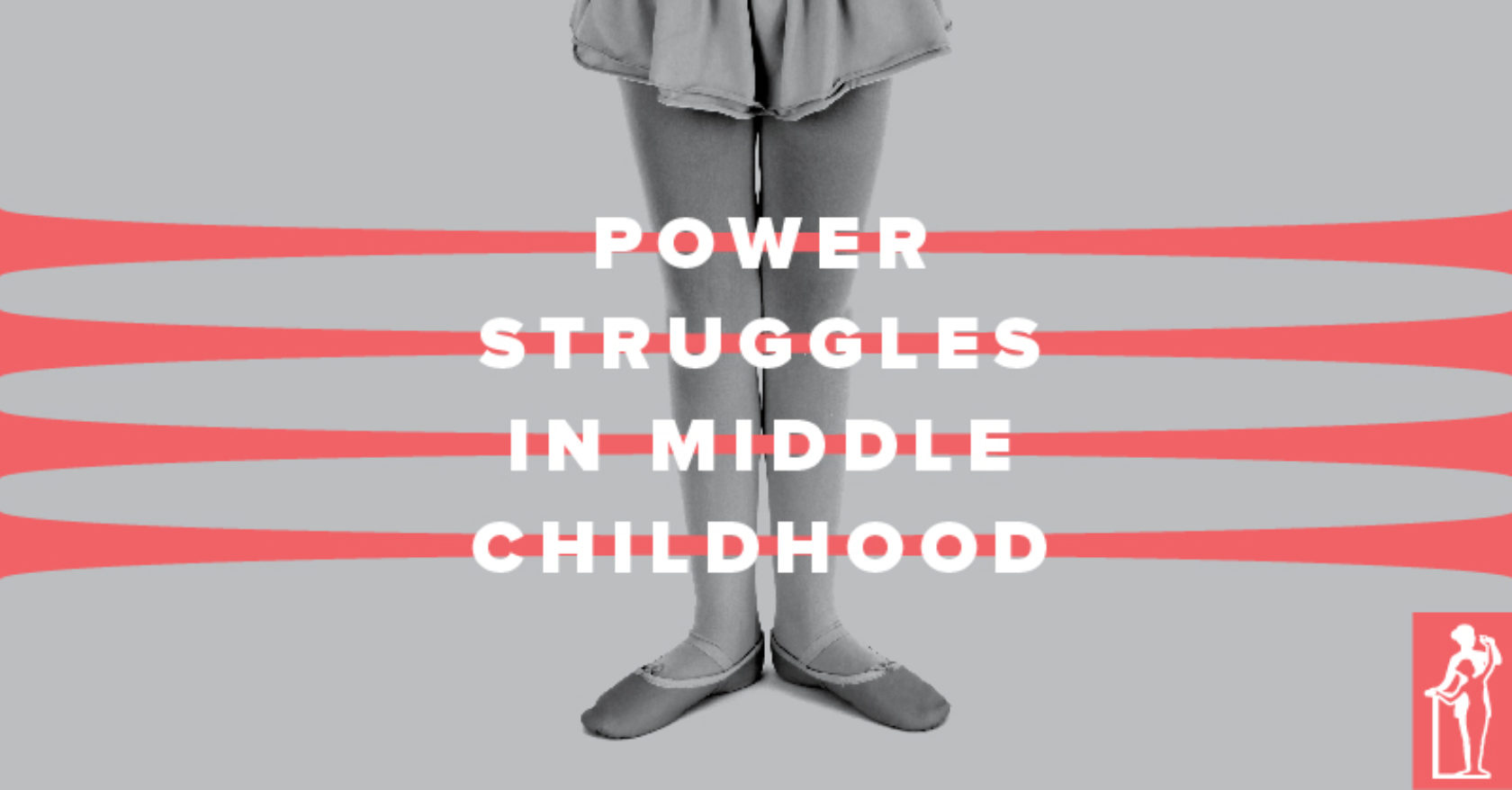Middle childhood can be quite a frightening life phase! Not only for the student, but also for the teacher of this age group. It is a time of much change for the 9-11 year old. He or she is just starting to really understand his or her place in the world, and it can be a very intimidating, frustrating, emotional process. You may encounter some interesting struggles with this age group in your dance classroom. Let’s step inside what is going on on their side of things and see how we can be better teachers to these young people.
What to Expect From This Age Group
Children in middle childhood are very busy trying to find out how the world works, and to develop a successful way of living in it–a pattern of behavior that will satisfy their feelings and wants. They will test rules, test people, test procedures. They will be quick to notice whether you mean what you say, whether you keep your promises, whether you are fair with them. They want you to treat all with equal attention, and equal privileges.
It is important that adults show them appropriate ways to take care of their feelings and wants. They need to learn about consequences, and to be willing to accept the consequences of their actions.
Power Struggles
You may find power struggles emerging from some kids. Be smart enough to not let these power struggles last. Try to get them to see that rather than having power over the other person, one needs to have power over one’s self, and power over the situation.
The dance studio is your territory. Your rules apply here, but not necessarily anywhere else. The rules are for safety and learning, for the success of the activity taking place. You might remind them that their parents are paying you to teach them to dance, not to babysit them!
The Purpose of Rules
Rules are not there for the purpose of inhibiting the child’s personal freedom. By coming to dance class, they agree to abide by your wishes while they are there. And, you agree to treat them with respect and fairness. Rules can become difficult to enforce at this age.
Have consistent, fair rules that apply every time, to every person. Relate these rules to learning, courtesy in the ballet class, and safety. Children usually respond to expectations. Then, expect compliance, expect them to act mature enough to be studying ballet. Use reflective listening, and encouraging words. Instead of “correcting” technique, call it “improving.” Keep things positive, calm, organized.
Example: shouting and yelling are OK for the school playground, and for soccer practice, but not for the library or the classroom. So, there are ways of behaving that are appropriate for the dance classroom as well. Explain the behavior that is not acceptable in your classroom. They won’t know if you don’t tell them.
What You Can Do
Children and teens need to know what is expected of them in terms of behavior. They will not know on their own. Children do not read your mind, and they do not know something, just because you do. They have limited life experiences. They lack common sense, except where it has been specifically taught to them.
Your job is to give them guidance and support in the ballet setting, so they can work out the rules of life, and gain skills which will make life more successful, more fun. Encourage secure feelings with consistent rules, consistent procedures, and explanations that make sense to the kids as well as to you and their parents.
Just as with the younger ones, they will feel more comfortable, at ease, and secure in an environment where there are set expectations, guidelines and boundaries. There may be a phase of struggle that you must go through with them, but the overall result from the struggle will be worth every ounce of your effort.
Related Articles
- Hints for a Happy Class
- What Can I Do To Change Their Behavior?
- Expecting Good Behavior From Preschoolers
- Improving Behavior with Consequences
Content from “Classical Ballet 2” by Ruth Brinkerhoff, copyright The Ballet Source, 2016.


Comments
No comments for this post.
Add Comment